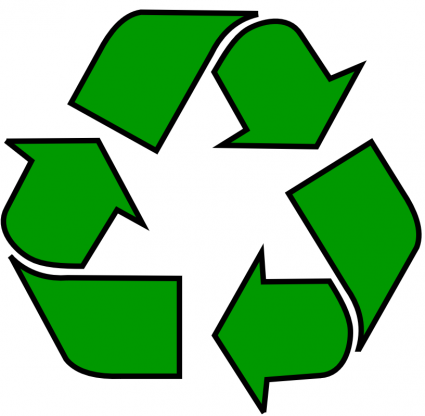
![]()
New York State has partnered with Stony Brook University (SBU) and two other SUNY schools to help improve the state’s recycling programs.
The New York State Department of Environmental Conservation (DEC) will be investing almost $12 million from their Environmental Protection Fund. The SUNY College of Environmental Science and Forestry (ESF) is receiving the largest portion, totaling $5.75 million, with SBU coming in second at $4.2 million. The University of Buffalo is also receiving $1.4 million that will be going towards their Research and Education in energy, Environment and Water (RENEW) Institute.
“[ESF] has a robust and challenging goal of achieving 90 percent diversion from landfill/incineration by 2025,” ESF’s Sustainability Facilities Manager Susan Fassler wrote in an email. “ESF hopes to achieve this goal through source reduction (not using something in the first place), composting and recycling.”
The United States produces a third of the world’s solid waste, with New York City generating nearly 12,000 tons of waste per day. According to research conducted by Waste Dive, a news website and newsletter dedicated to covering waste and recycling trends, the DEC has made multiple efforts to revitalize recycling nationwide following a change in Chinese scrap import policies.
The change began in Fall 2017 with the ban of imports of solid wastes into China. The country has been one of the biggest importers of plastic waste, accounting for around 70 percent of the world’s plastics at large.
Since China’s new policies were enacted, many states have had to make alterations to their recycling programs. Waste Dive’s research details how New York counties have been and are still having trouble with rising recycling costs. As a result, many recycling companies have increased their rates and made alterations to their stream cycles.
“It’s long been a principle in solid waste management,” David Tonjes, the graduate program director of Stony Brook’s department of technology and society, said. “You want to get materials out of garbage that potentially have value. If we know what’s in the garbage…we can target materials better and measure how well we are moving towards whatever goals we set.”
The new funding awarded to Stony Brook is directed towards having students sample waste from across Long Island, with the projected goal being 400 to 500 samples per year. This goal was reduced, however, due to the COVID-19 pandemic, which has made it difficult to conduct testing and organize collaboratives with other facilities in New York.
“We were in good shape for the spring,” Tonjes said. “They went to a facility for some testing; however, under COVID, it was not timely so they shut down. They are slowly restarting fieldwork, but it’s primarily going to start again next summer.”
The COVID-19 pandemic has led to an increased usage of many single use plastics. The NYS DEC acknowledges that this could impact the state’s plans to improve upon recycling and sustainability efforts.
“The pandemic itself will factor into New York State’s sustainability plan moving forward,” an official from NYS DEC said in an email. “As we all witnessed the rise of single use packaging and products to keep us sanitary and safe, those materials (PPE) could not be recovered as they required disposal.”
For the SUNY schools that have partnered with NYS, the pandemic has presented a new set of
challenges. These challenges, however, are not discouraging efforts.
“Regardless of the pandemic, single use products have trended upward in the last many years/decades,” Fassler said. “Public opinion is beginning to shift and demand a change to business as usual use of disposable products. Hopefully, the pandemic will continue to bring this issue to light and we will see some meaningful change, in the form of source reduction programs…and increased investment in recycling programs/markets that have the capacity to produce competitive and viable opportunities for reuse.”










